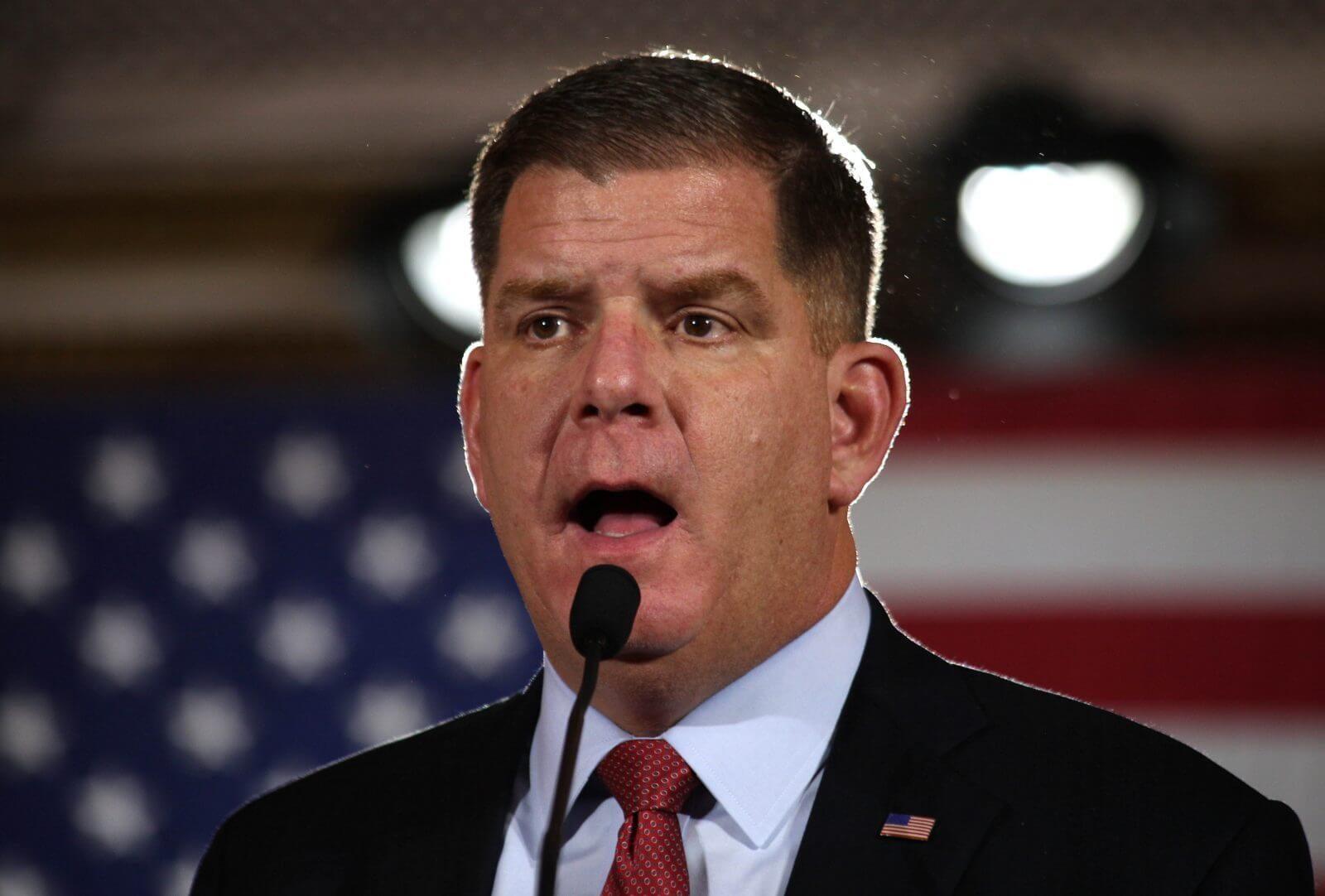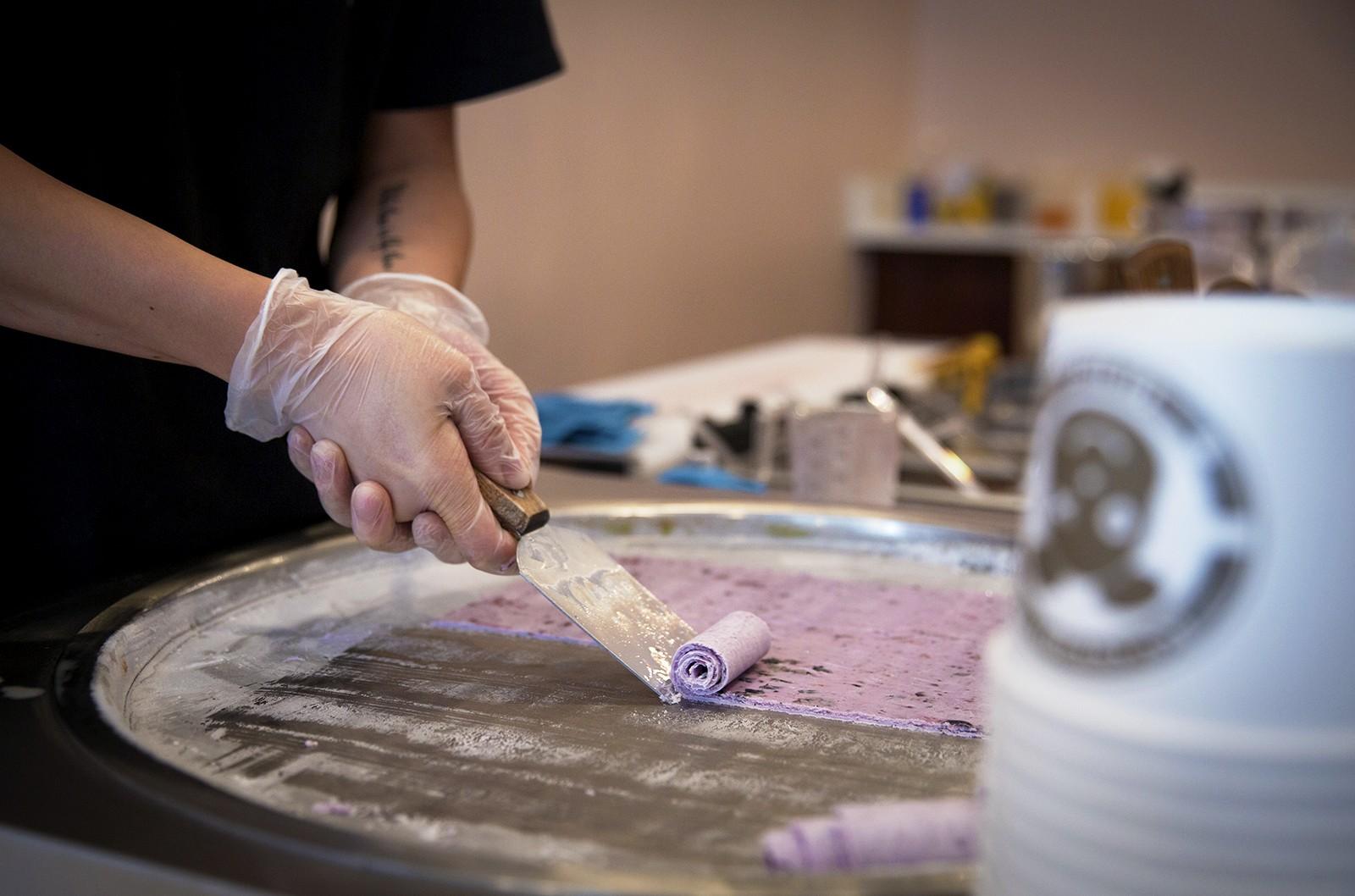Junior Seau’s family is determining whether or not they will donate his brain for research, which could shed light on the cause of the retired National Football League player’s May 2 death.
“The Seau family is currently revisiting several important family decisions and placing them on hold in order to confer with their elders. All possibilities are being considered, but none will be acted upon until the Seaus arrive at an agreed upon direction,” said Pastor Shawn Mitchell, San Diego Charger chaplain.
Only two institutions are researching conditions similar to Seau’s—the Boston University Center for the Study of Traumatic Encephalopathy and the Brain Injury Research Institute, said Robert Fitzsimmons, co-director of the BIRI team.
“There’s a family out there grieving, and there’s people who want to do research that will help a lot of people, but we have to weigh that with the family’s ability to grieve and bury their loved one without this stress and being bothered with it,” Fitzsimmons said.
BU has not confirmed whether or not it has an interest in Seau’s brain for research, but researchers do welcome family members of deceased athletes to donate a loved one’s brain “to be examined neuropathologically for evidence of CTE or other disorders of the central nervous system,” according to their website.
Chronic traumatic encephalopathy, or CTE, is a form of brain damage that a number of researchers are studying to determine its connection with depression and suicide in athletes.
A statement by the BU School of Medicine said the Center is saddened by the tragic death of Seau, and thoughts and prayers are with Seau’s friends and family.
“It is our policy not to discuss any completed, ongoing or potential research cases unless at the specific request of family members,” Jenny Eriksen, a BU spokeswoman, released in a statement. “Our primary goal is to learn more about the long-term effects of repetitive brain trauma by conducting meaningful scientific research.”
As long as the brain is preserved and not buried with the body, there is no rush to decide if the family wants to donate and to whom, Fitzsimmons said.
“There’s enough for everyone to do research on it though,” Fitzsimmons said. “The purpose is to make things better, there shouldn’t be a controversy. . . . I feel bad about that, for their family, that they would be presented with this issue at a time like this.”
Seau’s death parallels the suicide of Dave Duerson, who played in the NFL for 11 seasons, and also shot himself in the chest.
Researchers at BU found Duerson to be suffering from “moderately advanced case of Chronic Traumatic Encephalopathy, a neurodegenerative disease linked to repeated brain trauma,” according to the BU Center’s website.
Darren Carrington, a former San Diego Chargers safety, now a pastor at Rock Church in San Diego, said there may be more to Seau’s death than all the concussions.
“When the crowd stops roaring, a lot of times it’s hard for players to make that transition,” Carrington said. “This is your childhood dream, it’s something you worked toward your whole life, you become that guy . . . but you can’t determine your last day.”
A brain does not feel as old and beat up as a body does, so that difference may also have been very difficult for Seau when he retired from the NFL in 2010, Carrington said.
“Everybody knew Junior, and nobody knew Junior,” Mitchell said. “Based on the personality he had, it appears there is something else that must have been going on [in his life].”
Seau’s suicide came as a shock to everyone in the community, Mitchell said.
“He had an effervescent smile, an incredible personality,” he said. “As extraordinary an athlete he is, he’s even a greater person.”
Seau did not seem depressed, Carrington said. He was surfing every day and he loved playing his ukulele, he had a lot of close family and friends around him.
“It is tough for [his family], but they are doing well and getting through it together,” Mitchell said. “I’m amazed at how they’re holding on to God and each other at this time and getting through it.”



























































































































